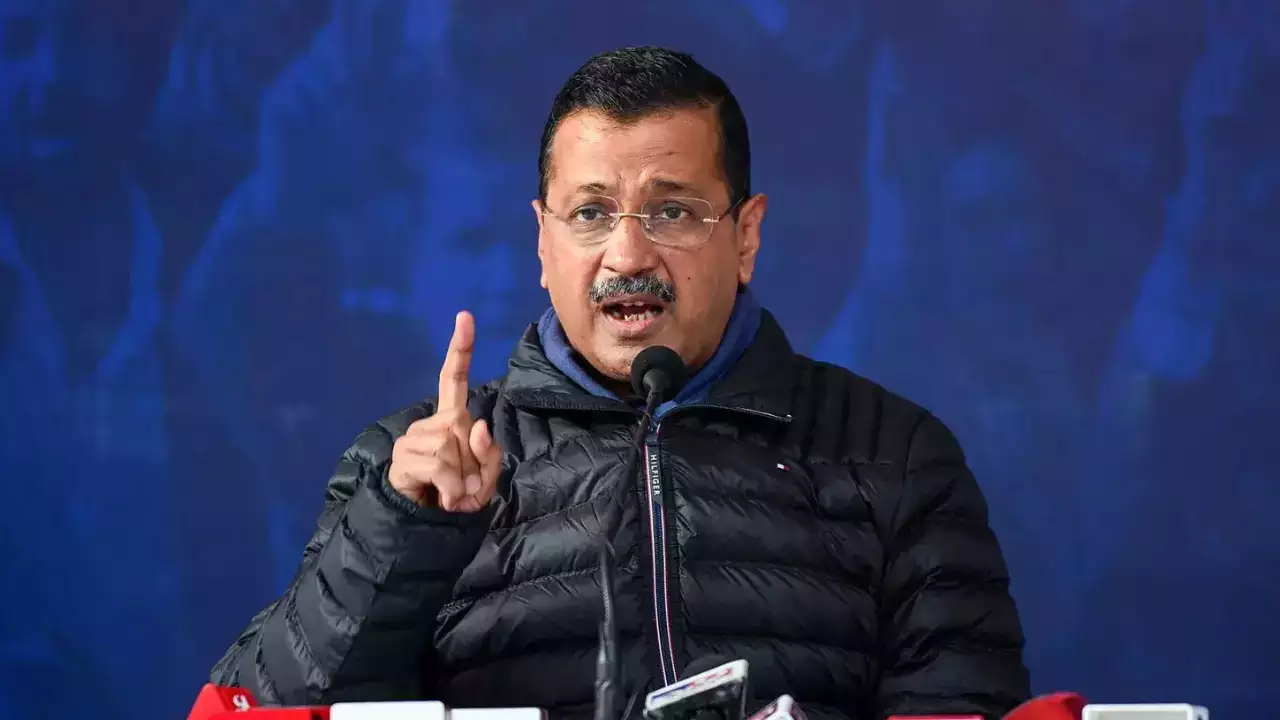Delhi Chief Minister Arvind Kejriwal has positioned the Aam Aadmi Party (AAP) as a political force synonymous with its “guarantees” of free public services. These promises, often termed “freebies,” have been a cornerstone of AAP’s governance model and electoral campaigns, serving as both a rallying point for supporters and a topic of heated debate among critics.
The Kejriwal Model
Under Kejriwal’s leadership, AAP has consistently offered subsidized electricity, free water, healthcare, and education as part of its governance blueprint. These initiatives have garnered widespread support from the middle and lower-income segments, reinforcing Kejriwal’s image as a leader focused on people’s welfare.
Critics Call It Populism
While the freebie model has been lauded by beneficiaries, it has also sparked criticism from opposition parties, who argue that such promises are fiscally irresponsible and unsustainable. Detractors contend that AAP’s reliance on “free” services overshadows long-term economic planning.
A Proven Strategy
Despite the criticism, AAP’s strategy has yielded political dividends. The party’s repeated electoral victories in Delhi and its recent foray into other states demonstrate the appeal of its guarantees. Kejriwal’s promises resonate with voters who prioritize tangible benefits over theoretical economic policies.
What Lies Ahead?
As AAP looks to expand its influence across India, the “guarantee model” remains its strongest tool for connecting with the electorate. Whether this approach will sustain long-term success or face challenges due to economic constraints is a question that will unfold as the party continues to grow.
In the complex landscape of Indian politics, Kejriwal’s freebies have undeniably become AAP’s best guarantee of voter trust and electoral success.




